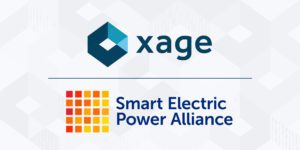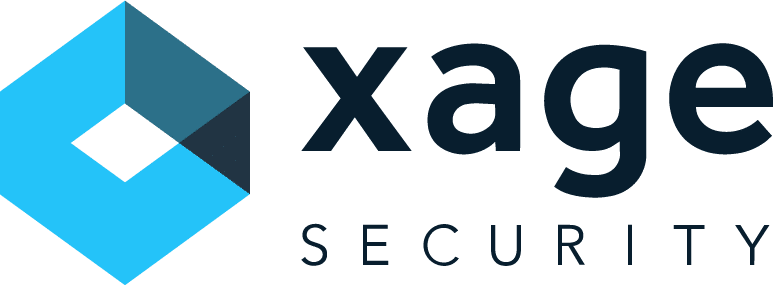
Adoption of clean energy technologies for power generation increases the complexity of operations the grid’s reliability standards. As a result, utilities are increasing deployment of IoT networks, sensors, and emerging edge technologies with current and new operational assets. When paired with centralized, manual security systems, these critical, grid-enabling technologies are increasingly at risk of cyberattack by malicious actors, with the number of cyberattacks directed towards the energy industry growing by 250% each year.
“As we collectively transition to embrace a smart energy ecosystem, we must first ensure that effective – and future-thinking – security systems are in place to protect the infrastructure of the Smart Grid,” said Xage’s Co-Founder and VP of Products, Roman Arutyunov. “SEPA and Xage are aligned in our objective to help energy organizations achieve more secure, resilient, and modernized electric grids and create a secure platform for innovation.”
“The increased integration of distributed energy resources, along with the digitization of distribution and transmission systems, means that utilities, grid operators and other industry stakeholders must carefully consider and plan for cyber-related threats,” said Adam Wasserman, SEPA’s Senior Director of Membership, Communications and Marketing. “As SEPA members continue to prioritize cybersecurity, it is exciting to see new companies, like Xage, bring their own expertise and innovation to our efforts in this vital field for our industry.”
The Xage Security Suite creates an adaptive any-to-any blockchain-secured IIoT communication fabric for cooperation, management, and data exchange among devices, applications, and people. Advancing beyond traditional security models, Xage helps energy organizations protect vulnerable assets and remain compliant with the latest security standards.










